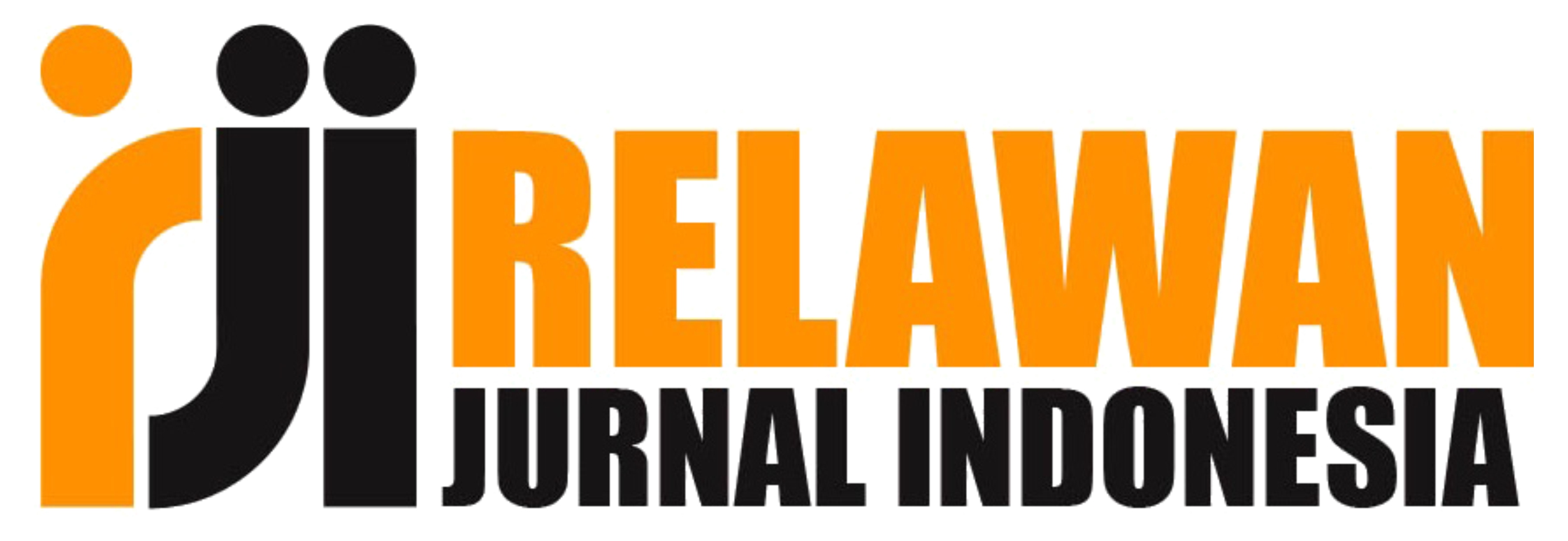Analisis Makna Batik Ciprat Langitan Berbasis Etnopedagogis Sebagai Penguat Karakter Profil Pelajar
DOI:
https://doi.org/10.61476/hx9qe914Keywords:
Batik ciprat Langitan, ethnopedagogical, Pancasila characterAbstract
Education has a crucial role in the inheritance of values and culture, especially in the midst of globalization which can erode the nation's cultural identity and the integration of local wisdom values in the learning process is increasingly urgent to strengthen students' character. This is in accordance with national education goals emphasizing character development that reflects the values of Pancasila. This research aims to analyze the meaning of ethnopedagogically-based batik ciprat Langitan as character strengthening in accordance with the Pancasila Student Profile. The type of research used is ethnogographic research with descriptive qualitative research, which aims to understand social phenomena in their cultural context. The research subjects involved ciprat Langitan batik craftsmen in Simbatan, teachers who taught in schools that implemented learning based on local wisdom. Data collection methods were carried out through several techniques, including in-depth interviews, observation, and documentation studies. The results of the research show that the integration of batik ciliprat Langitan in the learning process is able to provide a significant positive impact. As students report increased enthusiasm in learning when batik materials, batik splashed sky helps students understand and appreciate their cultural heritage, batik motifs encourage student creativity, students show an increase in their creative abilities. Values such as mutual cooperation and cooperation in the batik making process are reflected in collaboration between students, respondents reported that Batik Ciprat Langitan better understands the importance of working together, and environmental awareness has also increased. These findings confirm that the ethnopedagogical approach to learning not only provides academic knowledge, but also contributes to the formation of strong character. The conclusion of this research is that through ethnopedagogical-based learning, students are expected to become a generation that is academically intelligent and has an understanding of national culture and identity, and is able to realize the values of Pancasila in everyday life.
Downloads
References
Ibad, W. (2022). Penerapan profil pelajar pancasila di tingkat sekolah dasar. JIEES: Journal of Islamic Education at Elementary School, 3(2), 84-94.
Anindya, S., Yani, M. T., Sarmini, S., & Suprijono, A. (2024). Analisis Makna Simbolik dan Nilai-Nilai Motif Batik Jetis Sebagai Implementasi Etnopedagogi untuk Penguatan Karakter Profil Pelajar Pancasila. Jurnal Studi Guru dan Pembelajaran, 7(1), 348-357.
Kamaruddin, I., Zulham, Z., Utama, F., & Fadilah, L. (2023). Pendidikan karakter di sekolah: Pengaruhnya terhadap pengembangan etika sosial dan moral siswa. Attractive: Innovative Education Journal, 5(3), 140-150.
Komarudin, D. (2011). Hubungan antara kreativitas dengan prestasi belajar siswa. Psympathic: Jurnal Ilmiah Psikologi, 4(1), 278-288.
Rist, S., & Dahdouh-Guebas, F. (2006). Ethnosciences––A step towards the integration of scientific and indigenous forms of knowledge in the management of natural resources for the future. Environment, Development and Sustainability, 8, 467-493.
Sadita, S. E., & Syafitri, S. (2024).Analisis dan implementasi pendidikan dasar sebagai proses pewarisan budaya. Pendas: Jurnal Ilmiah Pendidikan Dasar, 9(2), 7190-7197.
Sudarmin, S., Si, M., & Pd, M. (2014). Pendidikan karakter, etnosains dan kearifan lokal. Semarang. CV. Swadaya Manunggal.
Suryanti, S., Mariana, N., Yermiandhoko, Y., & Widodo, W. (2020). Local wisdom-based teaching material for enhancing primary students’ scientific literacy skill. Jurnal Prima Edukasia, 8(1), 96-105.
Suryanti, S., Prahani, B. K., Widodo, W., Mintohari, M., Istianah, F., Julianto, J., & Yermiandhoko, Y. (2021, July). Ethnoscience-based science learning in elementary schools. In Journal of Physics: Conference Series (Vol. 1987, No. 1, p. 012055). IOP Publishing.
Published
Issue
Section
License
Copyright (c) 2024 Anggun Taruna Puspitasari, Wahono Widodo, Nurul Istiq’faroh (Author)

This work is licensed under a Creative Commons Attribution-ShareAlike 4.0 International License.












